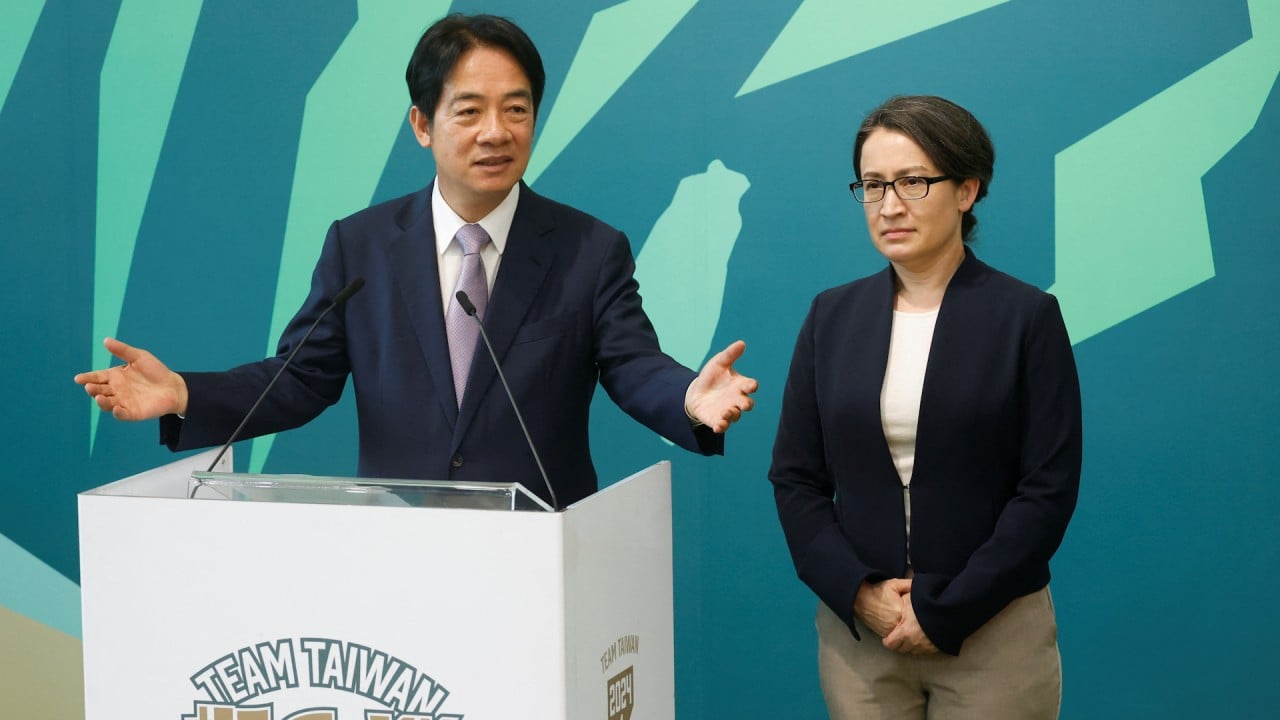Beijing’s dilemma if DPP wins Taiwan presidential election: what level of response?
- After threats, missiles, fighter jets, charm offensives, temporary blockades, trade restrictions and cyber campaigns, it may expand its playbook even further
- Grey zone tactics – the use of non-military moves to strong-arm adversaries – are another option, and offer a measure of deniability

As Beijing braces for a possible victory by another independence-leaning president in Taiwan’s January 13 election, it faces a fundamental dilemma: how to show its grave displeasure at what it sees as a dangerous drift towards Taiwanese national sovereignty without tipping the region into war.
Each time Beijing has decided a “red line” is crossed, it has upped the ante. It has tried bluster, threats, missiles, fighter jets, charm offensives, temporary blockades, trade restrictions and cyber campaigns.
In less than two weeks its nemesis, the independence-leaning incumbent Democratic Progressive Party led by William Lai Ching-te faces off against the Beijing-leaning opposition Kuomintang’s Hou Yu-ih and the smaller centre-left Taiwan People’s Party led by Ko Wen-je. Beijing strongly favours the KMT, even as it watches Taiwanese popular opinion increasingly oppose reunification.
“They don’t have many carrots. Hong Kong in 2019, crushing that, it means that [for many in Taiwan and the US] the one-country, two systems is just a dead letter,” said Raymond Kuo, director of the Rand Corporation’s Taiwan Initiative. “So we’re really looking at sticks. But any time the Chinese try to use a stick it just increases support for the DPP and, more broadly, it drives Taiwanese self-identification.
“It just backfires on Beijing.”
An obvious response would be for Beijing to repeat what it did after US Representative Nancy Pelosi, then the speaker of the House, visited Taipei in August 2022 – only more so. At that time, it sent military aircraft and ships across the unofficial median line separating Taiwan from mainland China, fired missiles over the self-governing island, staged a temporary embargo that rattled commercial shipping and launched projectiles into Japan’s exclusive economic zone.
